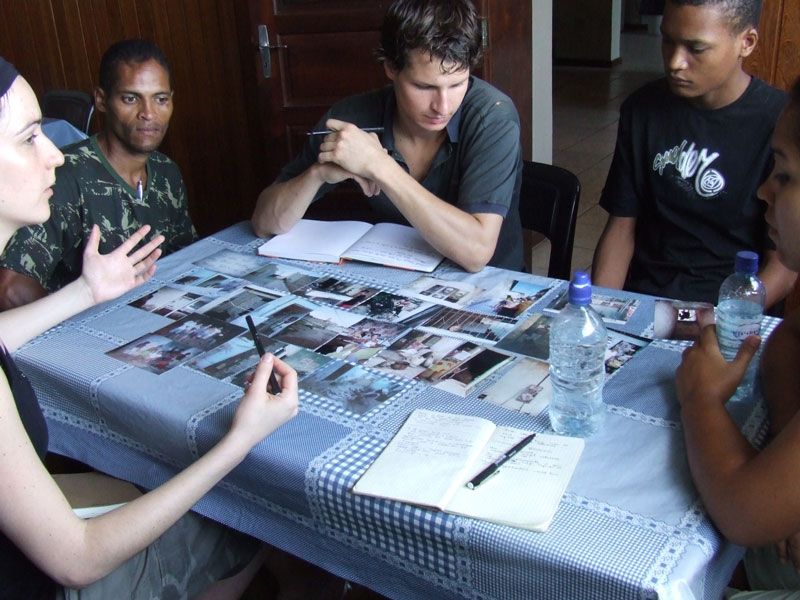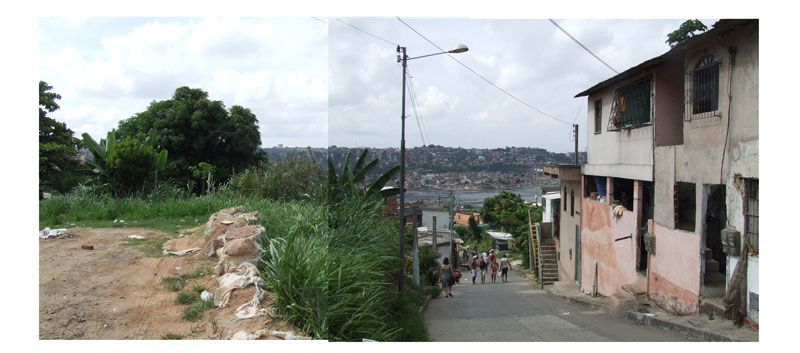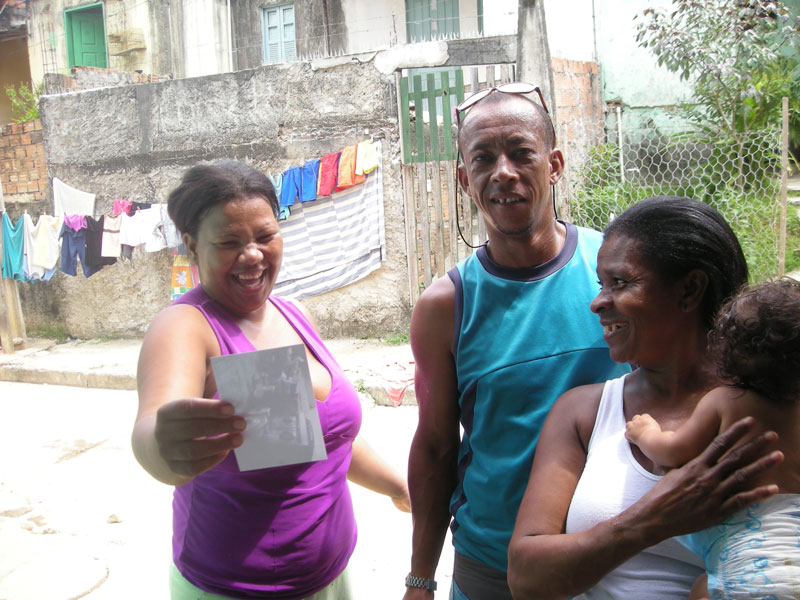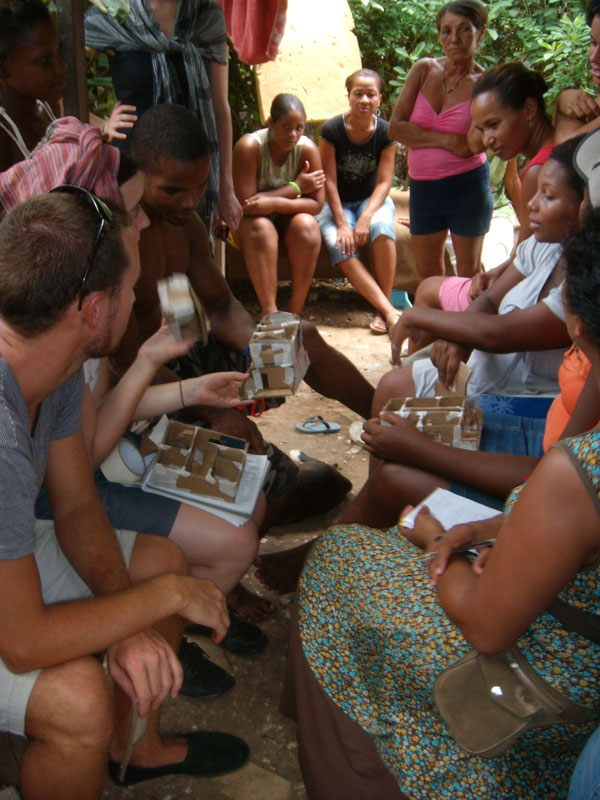Buiding Communities 4
Urban poor housing evaluation/ grass root organisation support
At SALVADOR DA BAHIA in Brazil
From 2009 to 2010
By Architecture Sans Frontières - UK
Local partners: Sociedade Primeiro de Maio
Donors: Self funding

In April 2009, ASF-UK in conjunction with Dr. Alex Frediani of the Development Planning Unit, University College London, carried out a two week workshop in Salvador da Bahia, Brazil. Salvador da Bahia is the third largest city in Brazil with more than 3 million inhabitants. The 8% of land that is still available is highly desirable to developers and the 90,000 homeless estimated in 2000. Collective action has been the major mechanism for the poor to claim land in Salvador da Bahia. The workshop explored and assessed two contrasting initiatives – one led by the state government and one led by a social movement - to address the housing crisis of Salvador.
During the first week participants reflected with local residents of Novos Alagados on the impacts of the poverty alleviation programme Ribeira Azul (managed by the state government of Bahia and the Italian NGO AVSI), by looking at how the interventions are affecting residents’ ability and opportunity to achieve their housing aspirations. Through photo mapping exercises and discussions individuals shared their views and further insight was given to members about how problems, common or otherwise, affect each other and the community as a whole. Based on these discussions, each group made a poster expressing the findings, then shared with the Socieda de Primeiro de Maio. In the second week the focus turned to Escada and the occupation by the MSTB, an active group occupying strategically unused buildings and sites for the construction of temporary and permanent houses. The objective was to contribute to the clarification of the mechanisms for the consolidation of occupations, strengthen local solutions and explore mechanisms to scale them up. One group approached the task with an ‘institutional’ perspective, another with a ‘community’ perspective and the third focused on the ‘house’ and ‘building components’.
The workshop highlighted problems on an individual, community and institutional level. The participatory and visual tools enabled participants to engage with the community to understand their perspective, the impact of projects and how future development programmes can address not only the manifestation of current problems but also their root causes. Through a follow up workshop in 2010 ASF-UK hope to continue to build capacity of the local organisations on the ground in Salvador.


